Warsaw is the capital and largest city of Poland, located in the heart of the country. It is situated on the Vistula River and is not only the political and administrative center of Poland but also its cultural and economic hub. Here are some key facts and information about Warsaw:
- History: Warsaw has a rich history that dates back to the 14th century. It has survived many challenges, including World War II, during which much of the city was destroyed. The historic Old Town of Warsaw was meticulously reconstructed after the war and is now a UNESCO World Heritage site.
- Culture: Warsaw is a cultural and artistic center in Poland. It has numerous theaters, museums, art galleries, and a vibrant music and nightlife scene. The city is known for its love of classical music, with the Warsaw Philharmonic and the Fryderyk Chopin Museum being important cultural landmarks.
- Economy: Warsaw is Poland’s economic powerhouse, with a strong and diverse economy. The city is home to many international corporations, financial institutions, and businesses. It also hosts numerous trade fairs, conferences, and exhibitions.
- Education: Warsaw is home to several renowned universities, including the University of Warsaw and the Warsaw University of Technology, which attract students from around the world.
- Landmarks: Some of the must-visit landmarks in Warsaw include the Royal Castle, Wilanów Palace, the Palace of Culture and Science, and the Warsaw Uprising Museum.
- Transportation: Warsaw has an extensive public transportation system, including buses, trams, and a metro system. The city is well connected by road, rail, and air, with Warsaw Chopin Airport serving as the main international gateway.
- Local Cuisine: Polish cuisine is rich and hearty, and in Warsaw, you can enjoy traditional dishes like pierogi (dumplings), bigos (hunter’s stew), and kielbasa (sausage). There are also many restaurants and cafes offering international cuisine.
- Green Spaces: Despite being a bustling urban center, Warsaw offers several parks and green spaces, with Łazienki Park being one of the most famous. It’s a place for relaxation and cultural events.
- Language: The official language is Polish, but many people in Warsaw, especially in the service industry and younger generations, may speak English or other languages.
- Tourism: Warsaw has become an increasingly popular tourist destination, offering a mix of history, culture, and modernity. Visitors can explore the city’s rich heritage, from its historic architecture to its vibrant arts scene.

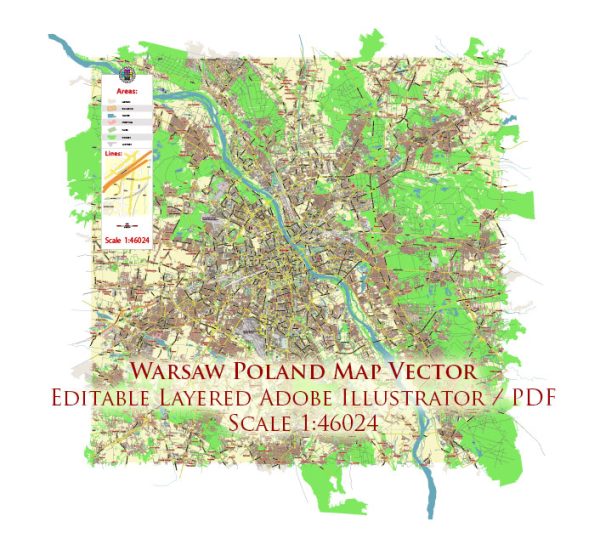
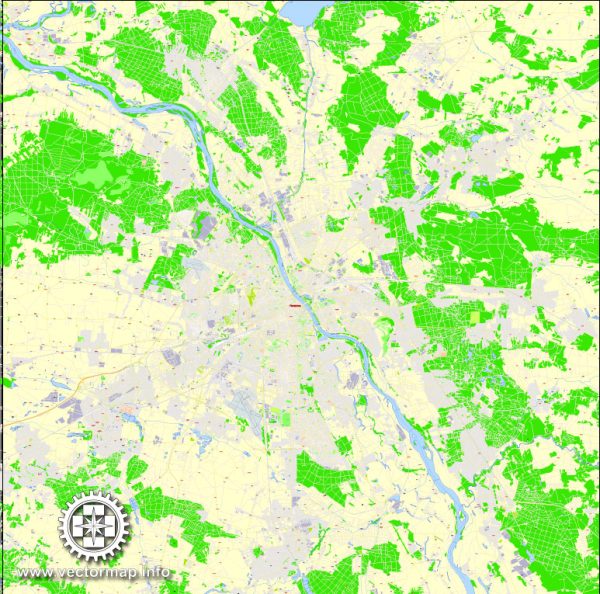
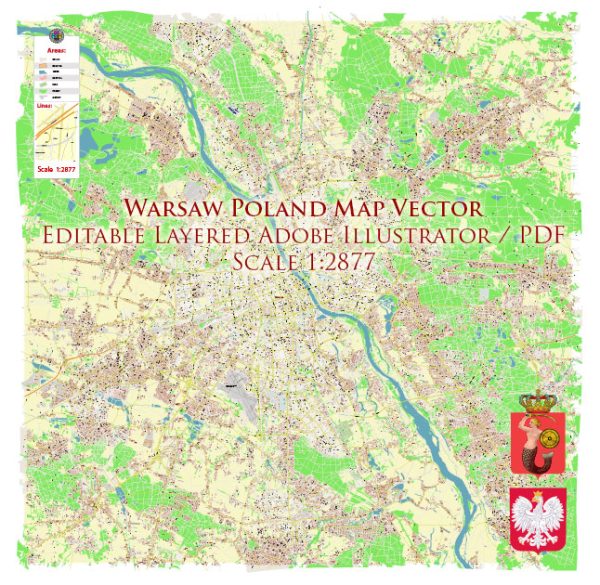
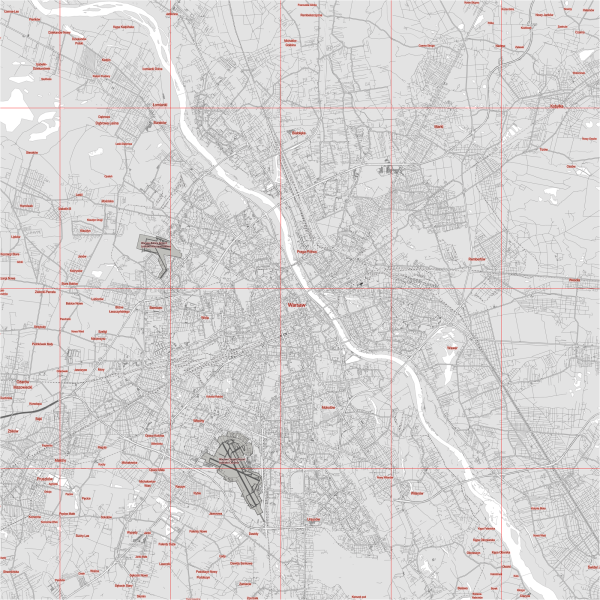
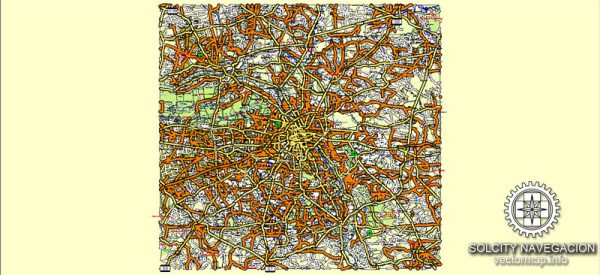
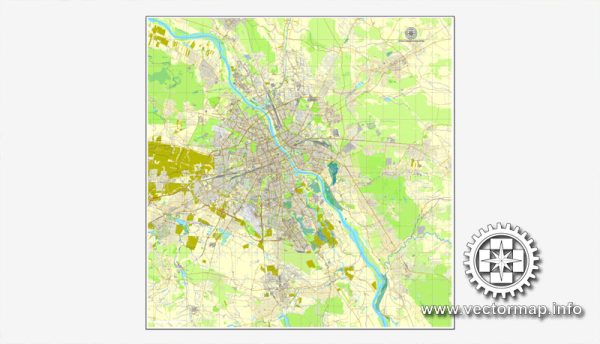
 Author: Kirill Shrayber, Ph.D. FRGS
Author: Kirill Shrayber, Ph.D. FRGS